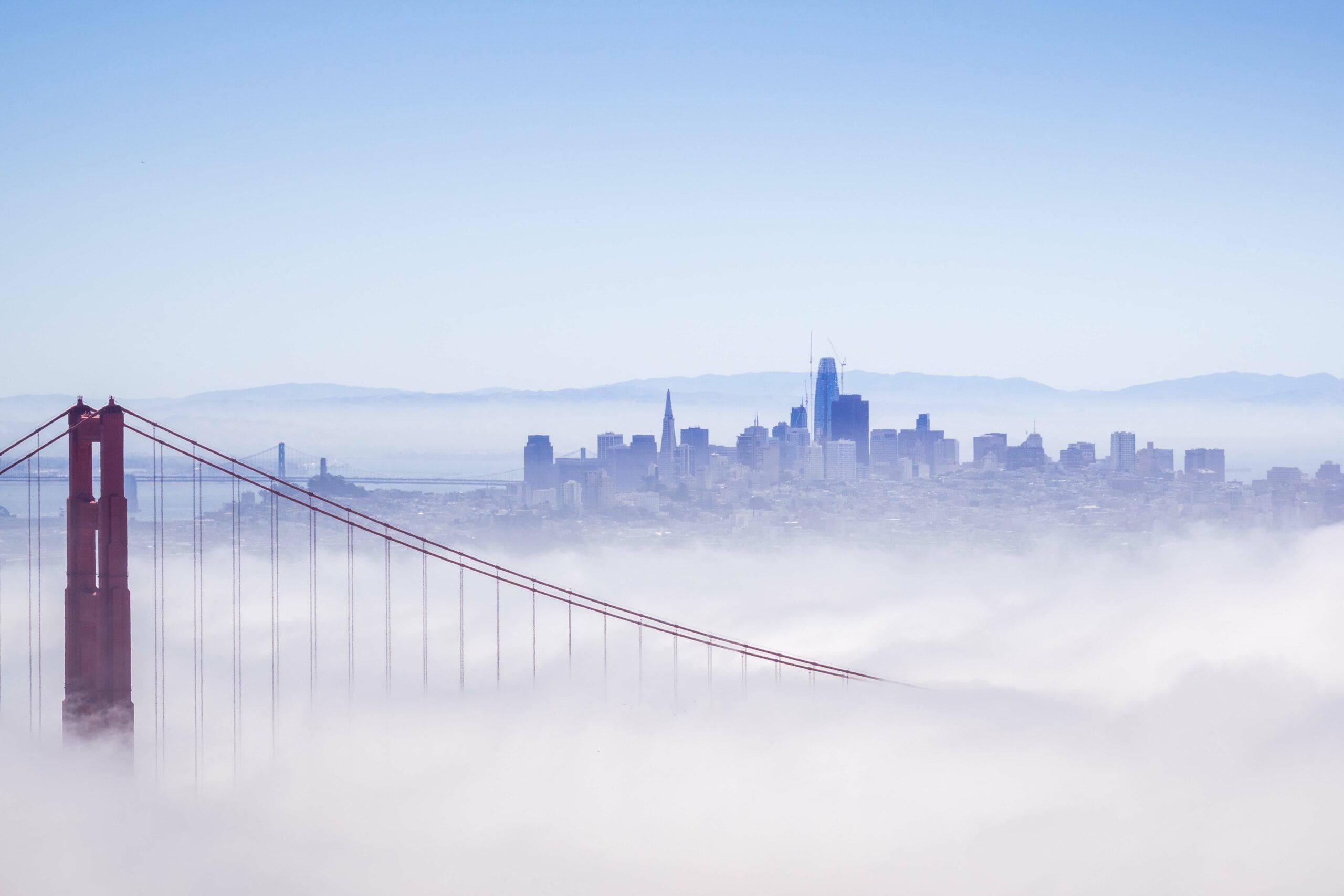
by Justin Phillips on Sep. 12, 2021
When I talked to Sheryl Davis days after San Francisco announced the Dream Keeper Fellowship — a pilot program to financially invest in communities most impacted by violence — she’d already seen an avalanche of racist responses.
Emails. Social media posts. Right-wing media coverage. All repeated a familiar refrain: The Dream Keeper Fellowship is “cash for criminals.”
“I was talking to my team and they were so upset,” said Davis, the executive director of San Francisco’s Human Rights Commission, which played a pivotal role in developing it. “The frustration over us possibly paying Black people to do something, critics had to try to discredit the whole program, like Black people aren’t worthy of this kind of investment.”
It’s not hard to see that this ginned-up controversy is rife with racist overtones. The same, tired talking point has been trotted out against other anti-violence programs that deprioritize police involvement and shift the focus — and resources — into communities of color that have been hammered by decades of bad laws, bad policing and bad political representation.
The ugly attacks are also what tell me the Dream Keeper Fellowship is on the right path.
Here’s what you need to know about it: The fellowship will begin in October with 10 high-risk individuals. These are people who are determined to be potential victims or perpetrators of violence based on a variety of factors, including past brushes with law enforcement or their proximity to gang activity. If participants meet various benchmarks, including securing job interviews and meeting with life coaches, they could earn $500 per month, or $6,000 per year. The funds will be distributed on reloadable gift cards and managers will track how the funds are spent.
A program of this type isn’t unusual in the Bay Area. But the backlash is a reminder of what can happen when Black leaders are empowered to address crime in Black neighborhoods.
“In these kinds of efforts, we’re also having to change a narrative. Even the idea of ‘cash for criminals’ is saying that anyone that has ever been in the criminal justice system is defined by their past,” Davis said. “If they go to get a job, will critics say that’s ‘cash for criminals’ because you hired somebody that was incarcerated?”
While critics are consumed with the idea that the city is paying Black people not to shoot each other, the truth is the program exists at an important intersection. Criminal justice reform is woven into it. But a foundational aspect is universal basic income. The concept that giving socioeconomically disadvantaged people a little bit of unconditional cash every month can lift them out of poverty has gradually grown in popularity.
Stockton made a splash two years ago when it randomly selected residents to receive an additional $500 per month, with no stipulations on how the money could be spent. It resulted in the participants having higher employment rates, less depression and anxiety, and better physical health, according to a study released in March.
Oakland, Santa Clara County and Marin County have their own forays into universal basic income aimed at mothers, women of color, low-income families and young adults transitioning out of foster care. San Francisco is doing the same for Black and Pacific Islander low-income and middle-income pregnant people, as well as artists from underrepresented communities.
The Dream Keeper Fellowship’s criminal justice element makes it unique. It’s also what’s drawing ire.
“Black communities in San Francisco have been neglected for decades. We have to be honest about how there are people who don’t want us to succeed,” said Phelicia Jones, a Black social justice activist in San Francisco who also coordinates rehabilitation services for the Sheriff’s Department.
Before San Francisco’s program, there was Richmond’s incentive-based, anti-gun violence initiative called the Operation Peacekeeper Fellowship. The program put people through an 18-month, voluntary program that included mentoring, substance abuse treatment and job training. It was community-based and didn’t function under the supervision of the city’s Police Department. Critics also called it “cash for criminals.”
Richmond’s program, which inspired San Francisco’s, launched behind the idea that gun-related crime was tied to a small number of people in the city. Richmond police were saying it was 17 to 30 people in 2009 who were driving the city’s gun crime rates.
San Francisco is in a similar situation. Based on an analysis of violent crime from 2017 to 2020, a majority of the city’s gun violence was driven by 12 groups, including gangs and people with extensive criminal histories.
According to a study published a decade later by the American Journal of Public Health, Richmond’s program helped curb the city’s gun-related homicides and assaults by 55% between 2010 and 2016. In other words, it worked.
San Francisco’s Dream Keeper Fellowship represents the prioritization of Black plight in a city of white affluence. Yet, its $60,000 budget is only slightly more than what San Francisco throws at testing trash can prototypes.
We’ve seen how targeted approaches to gun violence work. Universal basic income improves lives. Now is San Francisco’s chance to invest even more in Black success, and show that it doesn’t see all of us as criminals.
















